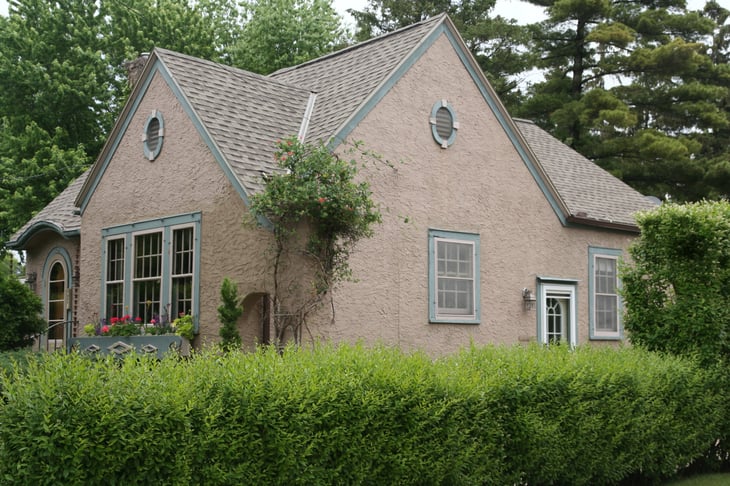
Editor's Note: This story originally appeared on Point2.
Many of us dream of leaving the big city behind in favor of a quieter, simpler way of life in a rural area. And while buying a home in the country can bring about a whole new way of life, it’s not always as easy as it seems.
Indeed, there are several things to consider before browsing country houses for sale. As with any real estate transaction, going in with your eyes open is of utmost importance.
With that in mind, let’s look at everything you need to know about buying a country house.
What To Consider When Buying a House in the Country
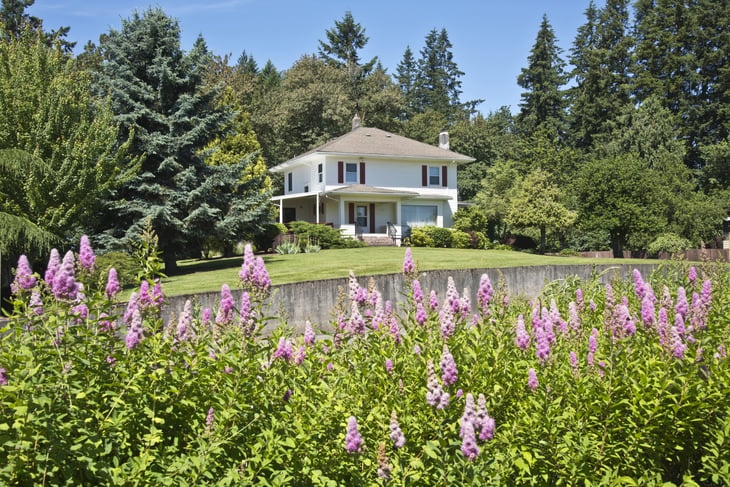
Escaping the hustle and bustle of a crowded city can be a dream come true, but if you’re not prepared, it can soon turn into a nightmare. Here are some of the most important things to be aware of.
1. Services Are More Limited
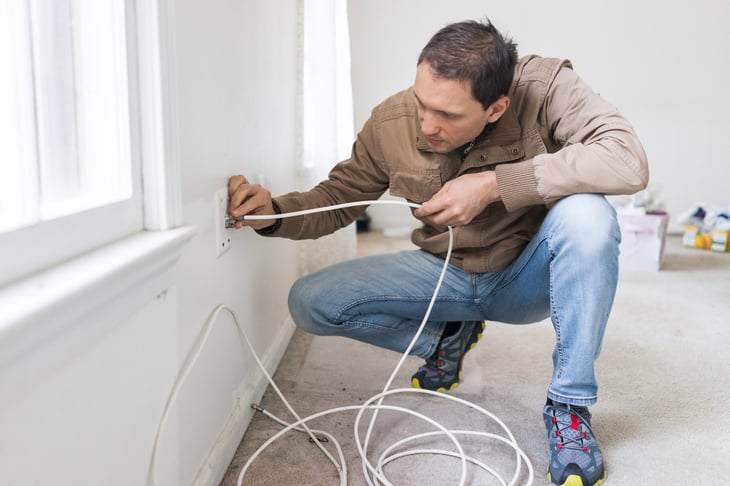
In the city, you often have your pick of service providers for things like internet and cable. However, country homes often have fewer choices, sometimes with just one service provider available.
In the most remote areas, you might struggle to get high-speed internet or at least a reliable connection at all.
For those working from home, it’s essential to take this into consideration. When you buy a country house, be sure to find out what services are available and whether they suit your needs.
2. Utilities Work Differently
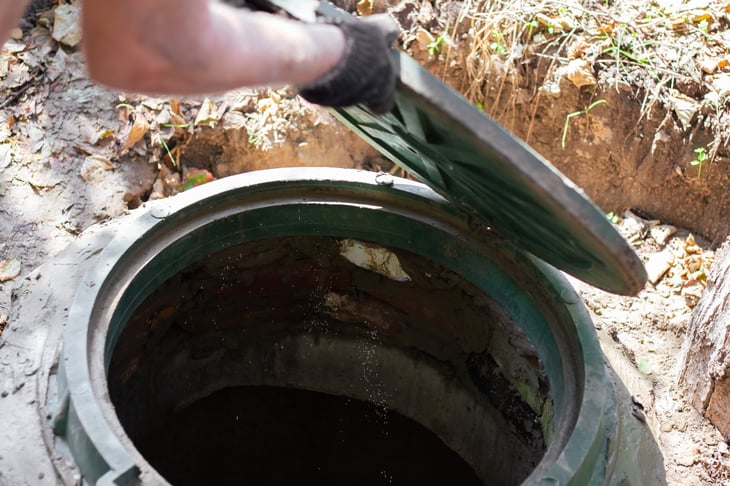
In a city, you don’t often have to think about your utilities since they’re managed by the municipality, but in the countryside, it’s a different matter. For starters, many rural areas don’t have a sewer system.
Instead, many country houses rely on a private well and septic system for water supply and waste. If either of these systems fails, it can be expensive to fix, but more importantly, dangerous to the health of you and your family, as well as the environment.
So, before you put in an offer on your dream country house, be sure to have a well inspection, water test and septic system inspection.
It’s not just about water, either. Energy sources for heating your home differ, too. Natural gas isn’t often available in rural areas, so homes tend to rely on electric heating systems, propane furnaces, or even oil heating systems — particularly in older homes.
Oil systems are considered an unhealthy heat source and can harm the environment. On top of that, they can also invalidate your home insurance.
So, be sure to verify the heat source before you make an offer, and if needed, be prepared to convert an oil system to an alternative heating method.
3. Commuting Can Be a Drag

In a post-pandemic world, more and more people are able to work from home.
However, even fully remote jobs often require some time in the office. And, with more and more companies favoring a hybrid system, most workers will likely need to travel to the office at least once or twice a week.
Commuting from a rural area to an urban office can be a drag. Often, the traffic into and out of the city is heaviest during rush hour. This can result in a commute that can take upwards of an hour each way.
Not only that, but many rural areas lack the public transit options that are common in the city, so you’ll almost certainly need a car — even just for shorter trips to the store. The increased journey time and distance can result in extra wear and tear, not to mention fuel consumption.
Be sure to factor these additional costs into your budget when thinking about moving to a rural area.
4. You Might Be at the Mercy of Mother Nature
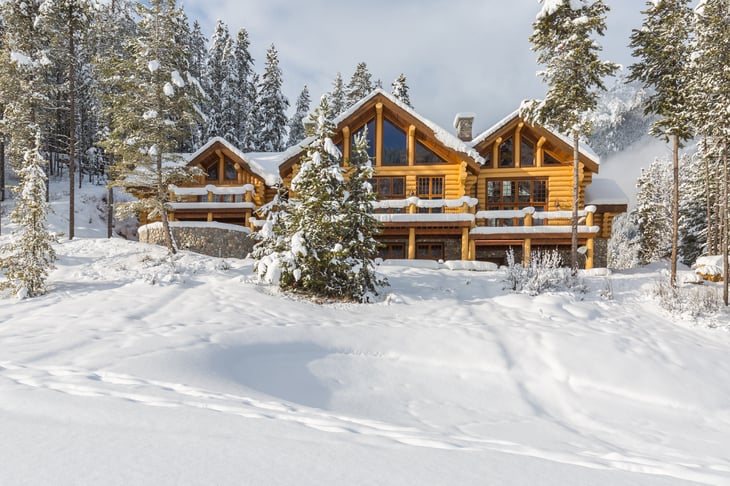
If a storm takes the power out in the city, it’s normally back on again fairly quickly. However, it can take much longer to restore it in rural areas, especially in the most remote locations.
No power often means no water supply in country houses since the water pump is usually electric. Investing in a backup generator for such instances is good, but be prepared for the extra cost.
Likewise, strong winds and heavy snowfall can soon block the roads.
The more remote the location, the longer it will typically take to clear them. This could leave you housebound for a few days, so be sure to be well-stocked in case of emergencies.
5. More Upkeep
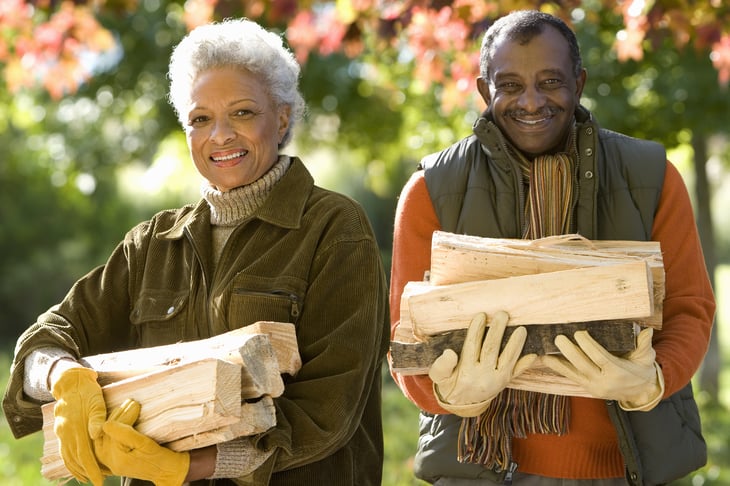
Most rural properties come with land, and owning a plot requires you to maintain it. From fences to outbuildings and even the essential elements of your home, you’ve got your work cut out for you.
For example, you may use a wood-burning stove in winter, which means you’ll need to chop, dry, and store plenty of firewood.
There’s always something to do in a rural property, which some people love, while others can’t stand.
6. Small-Town Economy Issues
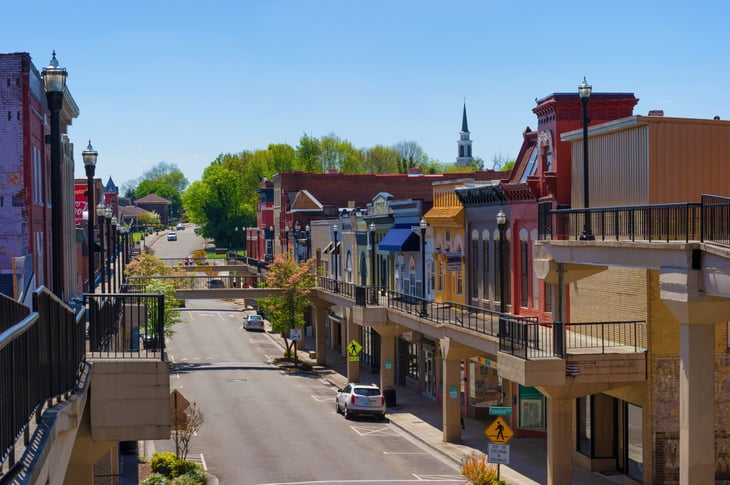
Living in a rural area means there will be far fewer employment opportunities compared with the city.
If you’re able to work remotely, this isn’t necessarily a problem, but otherwise, you may struggle to find regular work.
Perks of Living in a Country House

Fresh air, stunning scenery, and no more traffic jams are just some things city dwellers dream of when considering moving to the countryside. Here are a few other benefits.
1. More Bang for Your Buck

There’s no doubt that, in most cases, properties in rural areas are far more affordable than in urban areas.
This is perhaps one of the main reasons many people plan to move away from urban centers, as they can spend the same amount on a 4-bedroom house in the country as they would for a 1-bed apartment in the city.
In a rural area, you can also buy a lot more land than you’d be able to in the city.
2. Less Competition

Prices are typically lower in rural areas since there’s far less competition compared with urban areas.
If you find a place you love in the countryside, the chances are you won’t get into a bidding war. Instead, you’re more likely to be able to negotiate a better deal.
3. More Space To Grow

The land most country homes come with can be used to extend your home, grow crops, raise animals, or add extra buildings.
Regulations and laws are normally far more lenient in rural areas, allowing you to build more easily.
4. The Quiet Life
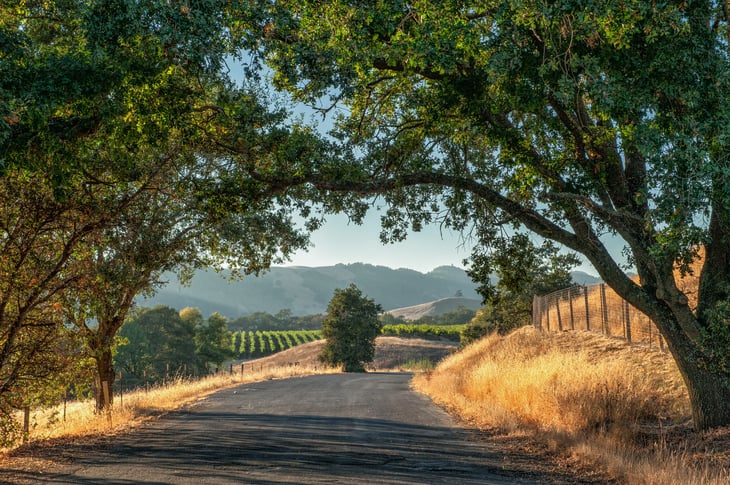
The personal aspect of moving from the city to a rural area is also essential. If you’re craving fresh air, natural scenery, and a more close-knit community, rural living could be perfect for you.
It’s also ideal for those looking to become more self-sustainable and can be a great way to go back to basics.





Add a Comment
Our Policy: We welcome relevant and respectful comments in order to foster healthy and informative discussions. All other comments may be removed. Comments with links are automatically held for moderation.